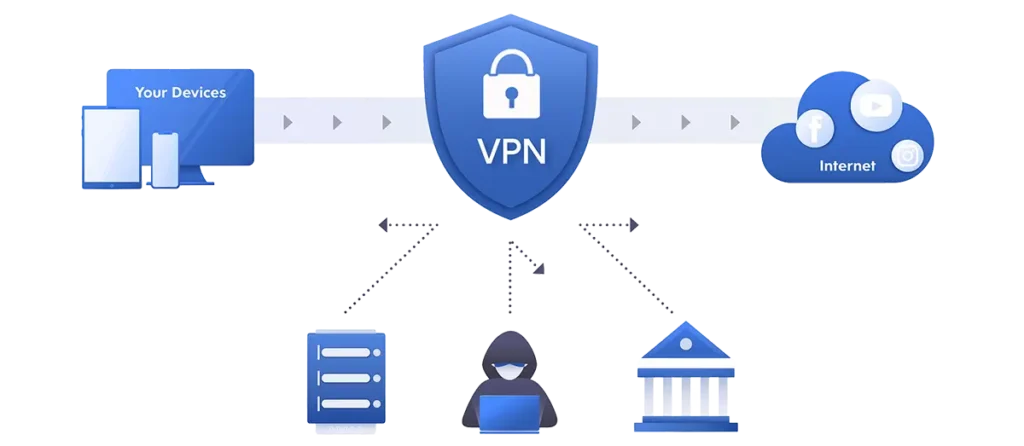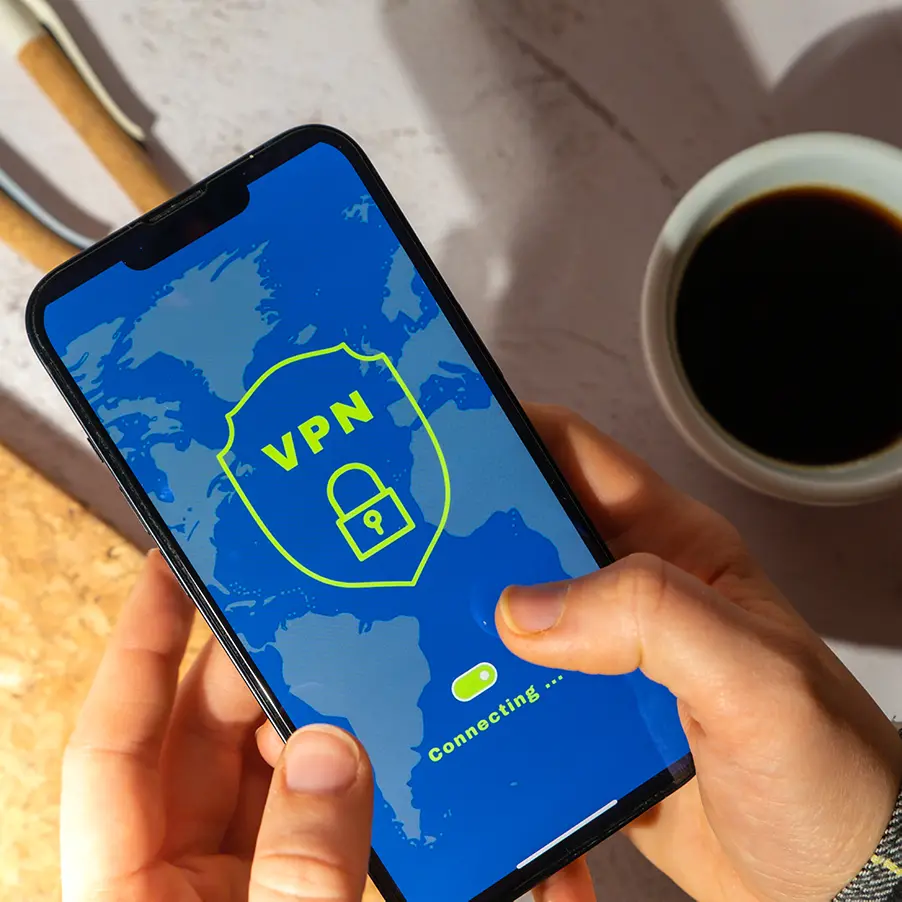VPNs Enhance Security
They Don't Replace Security
Chuck's Cyber Wall
We’ve all been there: You’re surfing the net or watching a video when a VPN ad pops up, promising to solve all your online privacy issues. While VPNs are great for enhancing your privacy, they don’t protect against everything.
Layered Cybersecurity
A VPN, or Virtual Private Network, is part of a layered approach toward cybersecurity. It helps increase your online anonymity by masking your virtual location and encrypting the data between your device and the destination. This means your internet service provider (ISP) and most third parties can’t easily track your online activities. However, VPNs cannot make you completely invisible online.
To stay safe on the internet, you need to have a good antivirus program, use strong and unique passwords along with MFA (Multi-Factor Authentication), perform regular updates, and be aware of ongoing cyber attacks. Relying solely on a VPN without these other best practices can give you a false sense of security. With that in mind, let’s discuss some threats that a VPN can’t protect you from and what you should do instead.
How VPNs Work
First, let’s clarify what a VPN does. A VPN creates a secure tunnel for your internet traffic, encrypting it along the way. It is particularly useful when using unsecured public Wi-Fi, as it prevents hackers from intercepting your data. Additionally, a VPN changes your IP address, which acts like your home’s address on the internet, making it appear as though you’re browsing from a different location. In addition to protecting your location, this feature can allow you to access regional content, like local sports or specific Amazon or Netflix libraries.

VPN Limitations
Despite these benefits, a VPN has several limitations. It can’t protect you from social media leaks. Sharing personal information like your name, email, or phone number on social platforms can expose you to social engineering attacks and identity fraud. Phishing attacks are another risk a VPN can’t shield you from. These attacks trick you into revealing sensitive information or clicking on malicious links through seemingly legitimate emails or messages.
No VPN can stop you from visiting a scam website or giving out personal details.
VPNs can’t protect you from malware or viruses and don’t prevent tracking cookies, which monitor your online behavior. That means that even though your location is hidden, a VPN doesn’t hide your account activity. Registered accounts and services can still track your activity when you’re logged in.

Conclusion
While VPNs are a valuable tool for enhancing your online security, they are not a catch-all solution. It’s important to combine their use with other best practice security measures like strong passwords, antivirus software, and cautious online behavior. Choose a VPN provider that offers robust security features and regularly backs up its privacy claims with independent audits.
By staying informed and aware, you can significantly reduce your risk of cyber threats.
If you have questions about setting up and using VPNs or any of our services, give CLARK a call at 301-456-6931 or send an email to [email protected] and see why we are simply the Best Choice in IT Support Services.

Director of Cybersecurity and Marketing
I’ve always had a love of working with technology, being fortunate enough to have grown up with a grandfather who taught me how to fix things for myself and not be afraid to jump in and get my hands dirty. Over the last three decades, I’ve worked as a technician, trainer, technical writer, and manager in small businesses, enterprise organizations, and government. In addition, I’m an author, having published multiple works available online and in print. You can find my creative work at https://WritingDistracted.com

